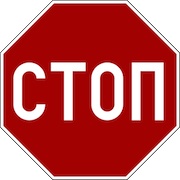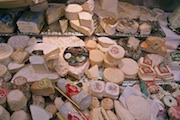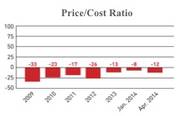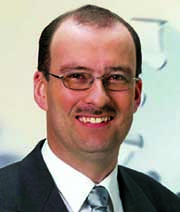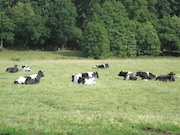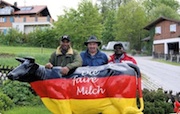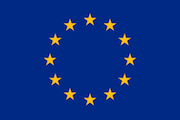EMB Newsletter September 2014
Newsletter as PDF
Contact
EMB - European Milk Board asbl
Rue de la Loi 155
B-1040 Bruxelles
Phone: +32 - 2808 - 1935
Fax: +32 - 2808 - 8265
Dear Dairy Farmers and Interested Parties,
Italy has a lot on its plate this year and next year: on 1 July it took over the presidency of the European Union for six months, and it will be hosting the Universal Exposition (EXPO) in Milan from 1 May to 31 October 2015. APL Italy will take this opportunity and be present at EXPO throughout. In addition the EMB will be holding its annual General Meeting during the world exposition and organising a “Fair Milk Conference” and a “World Milk Summit”.
The European dairy farmers were severely put to the test by the Russian ban on food imports in early August. To calm the situation, last week the European Commission announced supporting measures for the milk sector. For instance, the subsidies for private storage are to be made available for butter, skimmed milk powder and specific types of cheese, and the intervention period for butter and skimmed milk powder is to be extended until the end of the year. The aid planned by the European Commission is an important reaction for the milk sector, although these measures offer no satisfactory solution for stabilising the milk price in the long term.
The important thing now would be to apply the crisis funds properly, i.e. with voluntary production cuts and the milk quota, which is still operating until the end of March 2015. It is vital to stop milk being produced that cannot be absorbed by the market.
This issue of the Newsletter focuses on the consequences of the Russian ban on imports for the European milk producers and the EMB’s recent press release on the planned supporting measures for the milk sector.
The Russian embargo shows that the European milk market needs instruments to be able to defuse crises like this. The European Milk Board has drawn up a crisis concept that can prevent such situations. We have already contacted the European Commission, the Members of the European Parliament and the national Ministers of Agriculture with a view to presenting our concept to them.
Roberto Cavaliere, Member of the EMB Board
Russian import ban: EMB calls for voluntary production cuts to ease situation on dairy market
Russian import ban has far-reaching effects for milk producers
Latest figures on milk production: Gap between costs and prices is growing
President of the Swiss Farmers’ Union: “It is primarily the big producers that are giving up now.”
Key points about the milk production situation in France
Dairy farmers from Burkina Faso on a visit to southern Germany
Brief news from Brussels
EMB Agenda
The EMB Board’s most important dates in September 2014:
- 3.09.: Civil Dialogue Meeting Milk to discuss the Russian import ban
- 9.09.: Meeting on milk pooling in Brussels
- 24.09.: Milk Market Observatory meeting (Russian import ban)
- 24.09.: Talks with MISEREOR, Oxfam and MIG on Burkina Faso
Impressum
European Milk Board asbl
Rue de la Loi 155
B-1040 Bruxelles
Phone: +32 2808 1935
Fax: +32 2808 8265
E-Mail: office@europeanmilkboard.org
Website: http://www.europeanmilkboard.org

